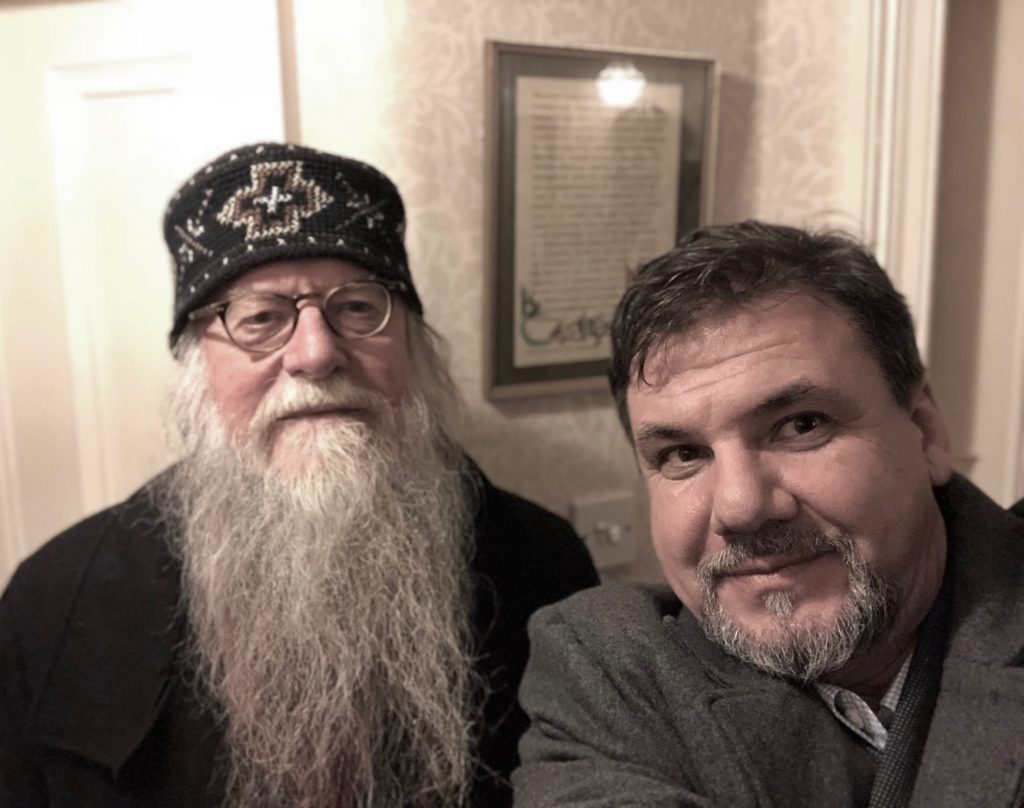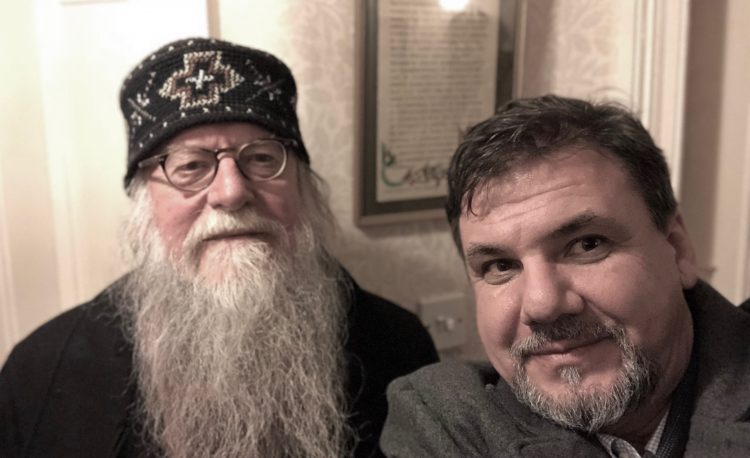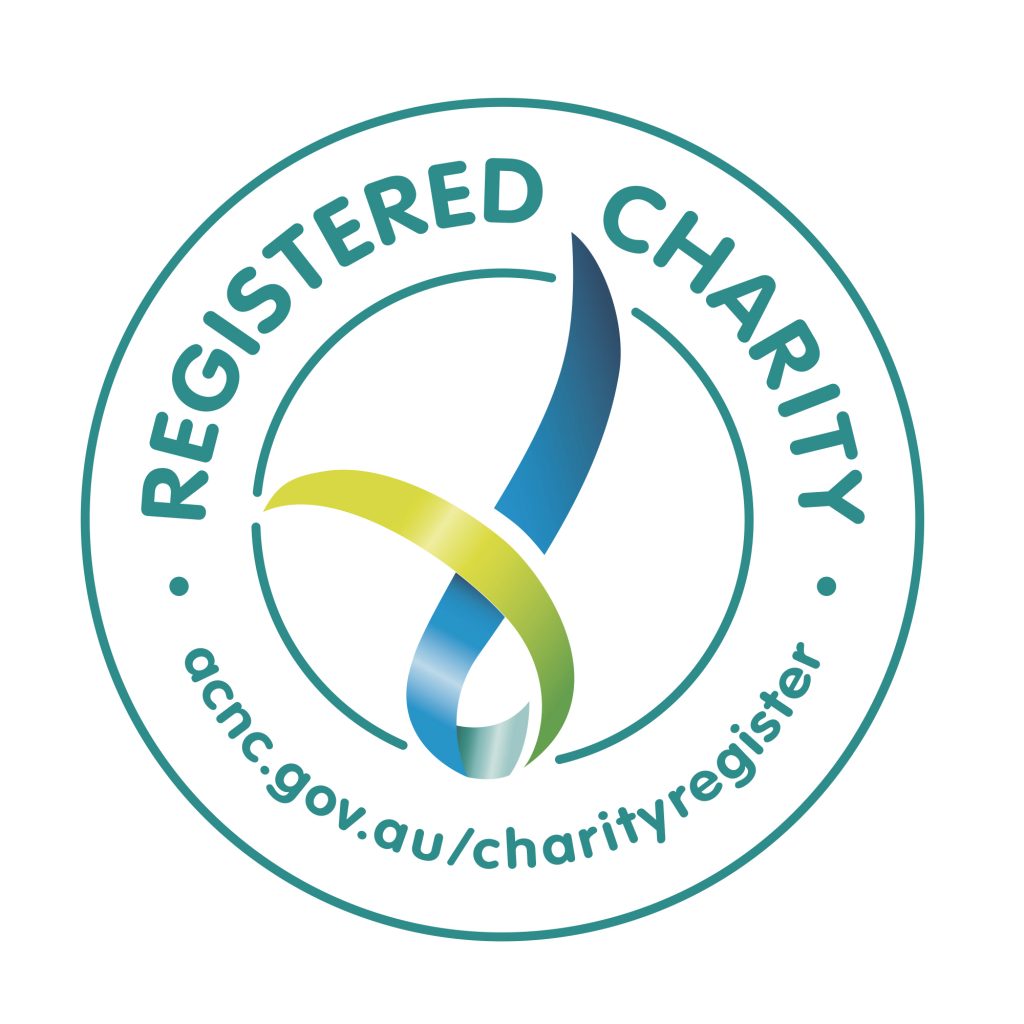 Another conversation with Archpriest Professor Andrew Louth, FBA! This time round, Father Andrew talks about the Christian sense of wonder at the meaningful beauty of creation, and about the modern, impoverished scientific perception of reality, which renders people aliens to this world.
Another conversation with Archpriest Professor Andrew Louth, FBA! This time round, Father Andrew talks about the Christian sense of wonder at the meaningful beauty of creation, and about the modern, impoverished scientific perception of reality, which renders people aliens to this world.
(Photo taken at Father Andrew’s home, 21 February 2018.)
In the beginning of the conversation, we browse a few of his recent publications, authored books as well as chapters in volumes. The selection proposed by the interviewer means to illustrate Father Andrew’s multifocal lens when tackling whatever matters in heaven and on earth. Accordingly, he engages the topic of this conversation from a variety of viewpoints, from the classical culture to the philokalic worldview, from Eastern to Western Christianity, and from the contributions of modern Orthodox theologians to the contemporary scientific culture.
Father Andrew tells us that a distinctive mark of the classical culture, inherited by the Orthodox Christian tradition to this day, is a sense of belonging with the cosmos, the earthly environment, animals, and plants. For the early Christian theologians, humankind is neither reducible to its reasoning capacity nor understandable outside the natural world. The early Christian experience and, to some extent, the Orthodox experience, are rich and full, entailing a sense of delighting in the meaningful beauty of God’s creation. While the ultimate term of reference for the universe is its invisible infrastructure—as an expression of the divine thoughts—the world is neither nothing nor something to be despised and quickly abandon. It is full of signs that add to its beauty significations worthy of wonderment. The ordinary is indeed special. Mathematical models and economical rationale can neither exhaust nor replace our complex experience with the world. All our senses are involved. And while the sciences provide us with opportunities to get a closer look at things, opportunities in principle given to all, our sense of wonder is irreplaceable, requiring personal awakening to the beauty and the meaningfulness of creation. Wonderment at the rich beauty of the world leads to our realisation that we belong, that we are not unfortunate strangers here.
In this light, as we, Orthodox Christians, cannot reduce our contact with the world to simplistic models—mathematical, economical, or otherwise—so, too, we do not read the Scriptures, especially Genesis, in simplistic fashion, as matter of fact accounts. The literal and the spiritual run together, combine and enrich each other and the readers. It is against this backdrop that both after-Darwin creationism and after-Darwin evolutionism have nothing to say about the traditional reading of Genesis, or about the Orthodox experience with the world, for that matter.
To illustrate his discourse, Father Andrew refers to such traditional witnesses as Saint Theophilus of Antioch, Saint Basil the Great, Father Pavel Florensky, Sergey Bulgakov, and Philip Sherrard.
Here is the video recording of this conversation:
7 July 2021 © AIOCS
The first conversation with Father Andrew can be found here
AIOCS LTD is a not-for-profit charitable organisation that promotes the study of Orthodox Christianity, Eastern and Oriental, in Australia
For donations, please go to https://www.paypal.com/paypalme/aiocsnet or contact us at info@aiocs.net


